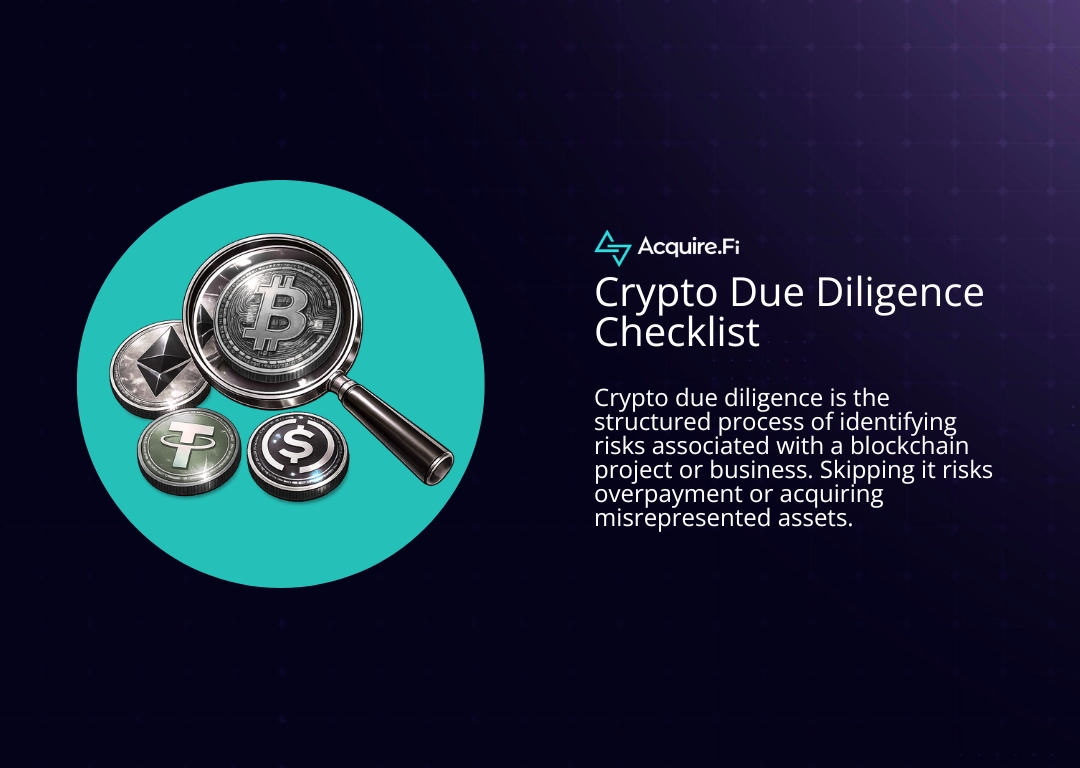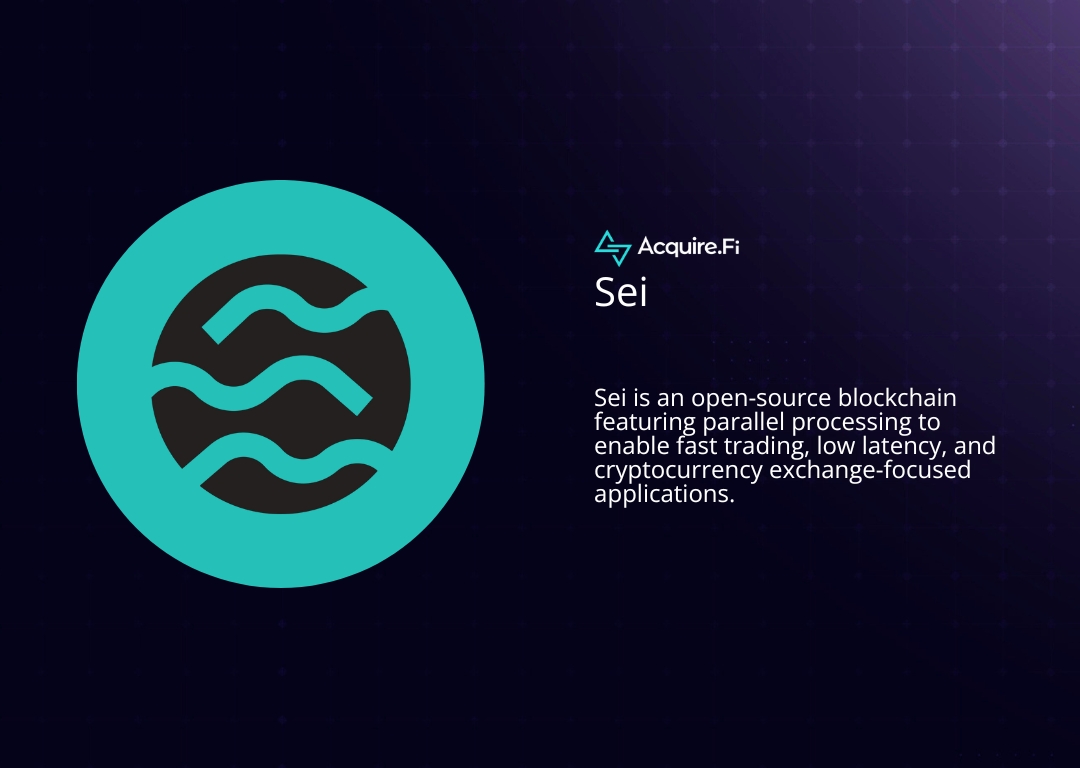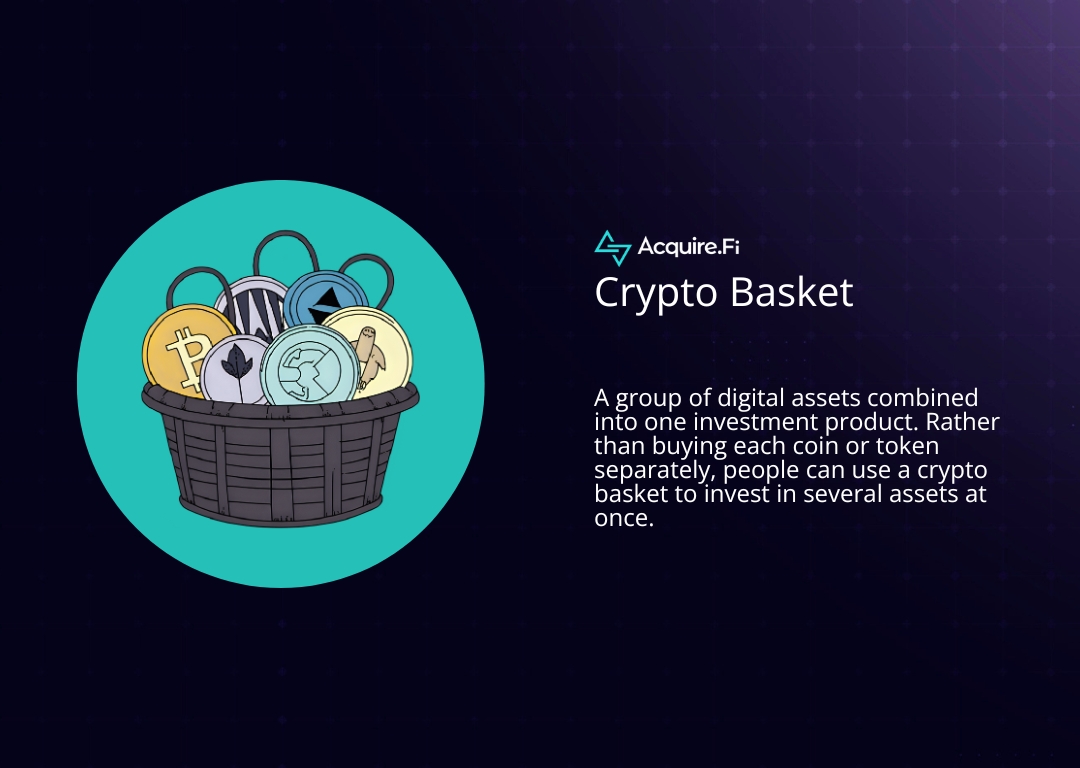Exploring the Benefits of a DeFi Hedge Fund
Cryptocurrency has taken the world by storm in recent years, and with it has come the rise of decentralized finance (DeFi). Among the many financial innovations that DeFi has brought to the table is the concept of a DeFi hedge fund. In this article, we will explore what DeFi hedge funds are, their advantages and risks, as well as some of the most prominent platforms in the space.
Understanding DeFi Hedge Funds
What is a DeFi Hedge Fund?
A DeFi hedge fund is a decentralized investment vehicle that pools funds from multiple investors to invest in various DeFi protocols and platforms. Unlike traditional hedge funds, which are typically open only to high net worth individuals and institutional investors, DeFi hedge funds are accessible to anyone with an internet connection and some cryptocurrency to invest.
Traditional Hedge Funds vs. DeFi Hedge Funds
Traditional hedge funds are known for their high fees, lack of transparency, and limited accessibility. DeFi hedge funds, on the other hand, offer a more inclusive and democratic approach, often with lower fees and greater transparency thanks to blockchain technology. Additionally, DeFi hedge funds can offer greater liquidity and flexibility compared to their traditional counterparts, as investors can enter and exit at any time without penalties or lock-up periods.
Key Components of DeFi Hedge Funds
DeFi hedge funds typically have three key components: a smart contract that governs the fund's operations, a portfolio of diversified DeFi investments, and a management team that oversees the fund's day-to-day operations. The smart contract automates various functions such as investor onboarding, fund allocation, and fee distribution. The portfolio consists of investments in various DeFi assets such as decentralized exchanges, lending platforms, and yield aggregators. The management team leverages their expertise in DeFi to select, manage, and optimize the fund's portfolio for maximum returns.
One of the advantages of DeFi hedge funds is that they offer investors exposure to a range of DeFi protocols and platforms that they might not have access to otherwise. For example, some DeFi protocols require users to hold a certain amount of their native token to access certain features or earn rewards. By investing in this type of decentralized hedge fund, investors can gain exposure to these protocols without having to hold large amounts of various tokens themselves.
Another advantage of DeFi hedge funds is that they can offer investors the potential for higher returns compared to traditional investment vehicles. This is due to the high-risk, high-reward nature of many DeFi protocols and platforms. However, it's important to note that these potential returns come with higher risks, and investors should always do their own research and understand the risks before investing.
Despite the advantages of DeFi hedge funds, there are also some potential drawbacks to consider. For example, DeFi protocols and platforms are still relatively new and untested, and there is always the risk of smart contract bugs or hacks. Additionally, the DeFi space is constantly evolving, and what might be a profitable investment today could become obsolete or unprofitable tomorrow.
In conclusion, DeFi hedge funds offer investors an exciting new way to gain exposure to the rapidly growing DeFi space. By investing in a diversified portfolio of DeFi assets, investors can potentially earn higher returns compared to traditional investment vehicles while also benefiting from greater liquidity and flexibility. However, it's important to understand the risks involved and do your own research before investing.
Advantages of DeFi Hedge Funds
DeFi hedge funds have been gaining popularity in recent years due to their numerous advantages over traditional hedge funds. In this article, we will explore some of the key benefits of DeFi hedge funds in more detail.
Enhanced Accessibility and Inclusivity
One of the most significant advantages of DeFi hedge funds is their accessibility and inclusivity. Unlike traditional hedge funds that often require high minimum investments, DeFi hedge funds allow anyone with an internet connection and some cryptocurrency to invest. This opens up new investment opportunities to a wider range of people, democratizing finance and leveling the playing field for all.
Moreover, DeFi hedge funds are not limited by geographical boundaries, meaning investors from all over the world can participate. This is particularly beneficial for people living in countries with limited investment options or strict capital controls.
Increased Transparency and Security
DeFi hedge funds operate on public, decentralized blockchains, making them inherently transparent and secure. This is because all transactions and investments are recorded on the blockchain and can be audited by anyone at any time.
Additionally, DeFi hedge funds are secured by smart contracts that are virtually tamper-proof, adding an extra layer of security to the fund. This eliminates the need for a centralized authority to oversee the fund, reducing the risk of fraud or mismanagement.
Reduced Costs and Fees
DeFi hedge funds often have lower fees compared to their traditional counterparts since they operate on blockchain technology, which is more cost-efficient than traditional finance.
Furthermore, since DeFi hedge funds are decentralized, there are no middlemen or intermediaries that charge exorbitant fees, resulting in a more cost-effective investment vehicle.
Investors can also save on transaction fees since DeFi hedge funds are invested in digital assets that can be traded on decentralized exchanges without the need for intermediaries.
Improved Liquidity and Flexibility
DeFi hedge funds offer greater liquidity and flexibility compared to traditional hedge funds. This is because investors can enter and exit at any time without penalties or lock-up periods, removing the restrictions that limit accessibility to traditional hedge funds.
Moreover, DeFi hedge funds are usually invested in liquid DeFi assets that can be traded on decentralized exchanges, thereby increasing liquidity even further. This means that investors can easily buy and sell their investment without having to wait for a buyer or seller.
In conclusion, DeFi hedge funds offer numerous advantages over traditional hedge funds, including enhanced accessibility and inclusivity, increased transparency and security, reduced costs and fees, and improved liquidity and flexibility. As the DeFi ecosystem continues to grow and mature, we can expect to see more innovative DeFi hedge funds emerge, providing investors with even more investment options and opportunities.
Risks and Challenges of DeFi Hedge Funds
Decentralized Finance (DeFi) hedge funds have emerged as a popular investment option for investors looking to gain exposure to the DeFi market. DeFi hedge funds operate on decentralized blockchains and use smart contracts to automate investment strategies and generate returns for investors. However, as with any investment, DeFi hedge funds come with their own set of risks and challenges. In this article, we will discuss some of the most significant risks and challenges associated with DeFi hedge funds.
Regulatory Uncertainty
One of the most significant risks associated with DeFi hedge funds is regulatory uncertainty. Since DeFi hedge funds operate on decentralized blockchains, they operate outside of existing financial regulations in most jurisdictions. This creates uncertainty and potential regulatory risks, making it challenging for investors to assess the legal and regulatory landscape of DeFi hedge funds fully.
Regulators around the world are still trying to understand the DeFi market and determine how to regulate it effectively. Until clear regulations are in place, investors must exercise caution and conduct thorough due diligence before investing in a DeFi hedge fund.
Smart Contract Vulnerabilities
Another significant risk associated with DeFi hedge funds is smart contract vulnerabilities. DeFi hedge funds are governed by smart contracts that can be vulnerable to hacking or exploitation. While smart contracts are generally secure, there have been instances of smart contract vulnerabilities leading to massive losses and theft.
Investors must ensure they trust the management team and audit the contract code before investing in a DeFi hedge fund. Additionally, investors should consider investing in insurance products that protect against smart contract vulnerabilities.
Market Volatility and Liquidity Risks
DeFi hedge funds are exposed to the volatility of the DeFi market, which can be unpredictable and volatile. Additionally, since DeFi is a relatively new market, it can be illiquid, putting investors at risk of not being able to withdraw their funds when needed.
Investors must gauge their risk tolerance, invest wisely, and stay updated on market developments. They should also consider investing in funds that have a diversified portfolio of DeFi assets to minimize their exposure to market volatility.
In conclusion, DeFi hedge funds offer investors an exciting opportunity to gain exposure to the DeFi market. However, investors must be aware of the risks and challenges associated with these funds and conduct thorough due diligence before investing.
Prominent DeFi Hedge Fund Platforms
Yearn Finance
Yearn Finance is a decentralized financial aggregator that offers a range of DeFi investment products, including a DeFi hedge fund. The Yearn team aims to maximize returns by automatically rebalancing the portfolio using its advanced smart contract-based yield optimization algorithm.
Enzyme Finance
Enzyme Finance (formerly known as Melon Protocol) is a decentralized asset management platform that supports the creation and management of custom investment funds. Enzyme offers a range of DeFi hedge funds that invest in various DeFi protocols with different levels of risk and return.
dHEDGE
dHEDGE is a decentralized asset management platform that enables investors to access various DeFi investment strategies, including DeFi hedge funds. dHEDGE is notable for its innovative "social trading" feature, which allows users to reproduce the investment strategies of top-ranked traders on the platform.
Conclusion
DeFi hedge funds represent a new frontier in investing, offering greater accessibility, transparency, and flexibility. While they pose various risks and challenges, the potential upside of investing in DeFi hedge funds is significant. Investors must exercise caution, do their own research, and trust only reputable DeFi hedge fund platforms to mitigate the risks and reap the rewards of this exciting new market.












.webp)